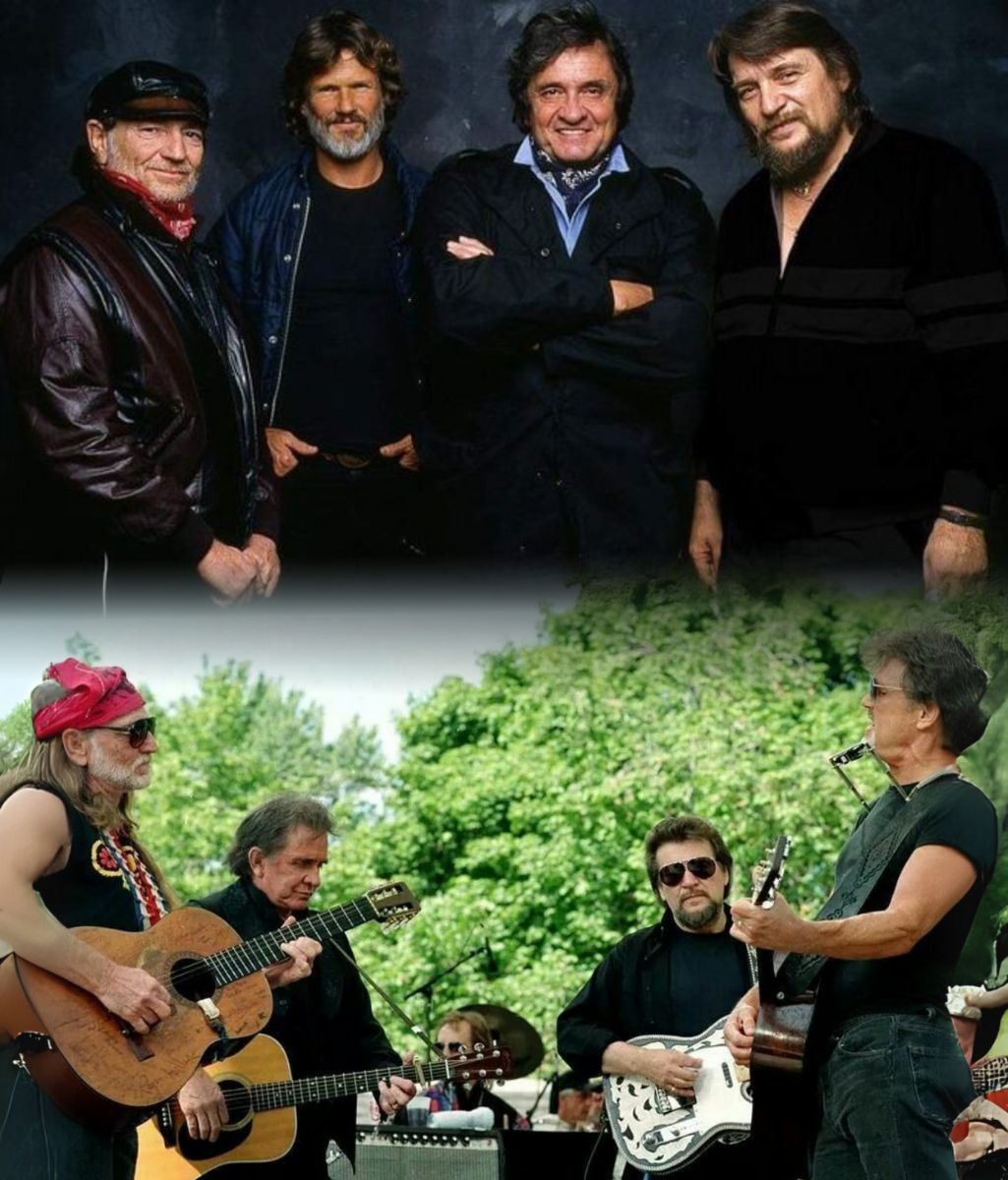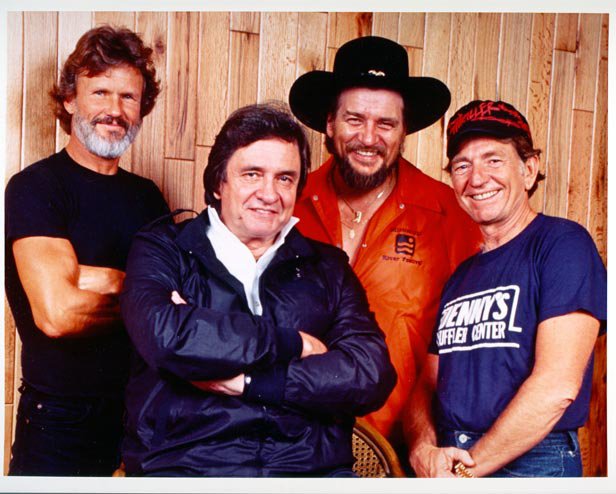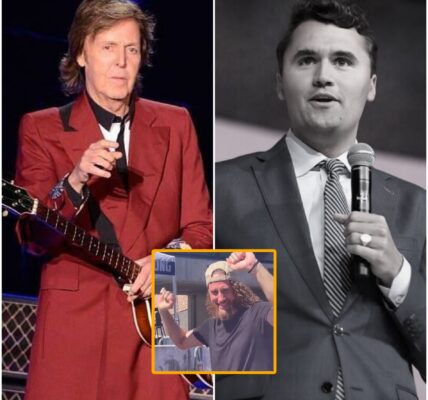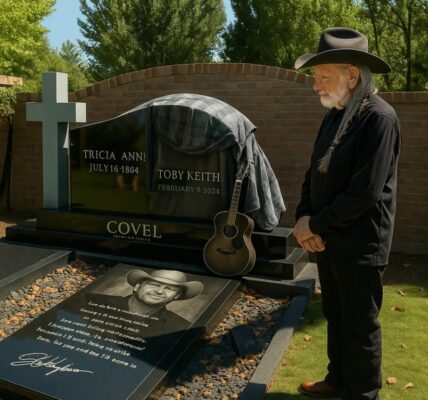It’s a rare and beautiful thing to realize that the same rebellious spark can ignite a poet, an outlaw, a comedian — and a cowboy troubadour…

It is a rare and beautiful thing to recognize that the same rebellious spark can burn through different forms of art — igniting a poet, an outlaw, a comedian, and a cowboy troubadour. In the late 20th century, that spark was carried by four men who, though walking separate roads, embodied a shared defiance against convention: Waylon Jennings, Kris Kristofferson, Tom Smothers, and Willie Nelson.

Waylon Jennings waged his war with a guitar slung low, his voice carrying the growl of a man tired of being told what to sing, how to dress, or who to be. He and his fellow outlaws pushed back against the polished formula of Nashville’s machine, insisting on music that reflected the grit of real life. He was no puppet of the industry; he was a man carving his truth into honky-tonk wood and barroom smoke.

Kris Kristofferson took a different path. A Rhodes Scholar, a soldier, and a janitor at Columbia Records before fame came calling, Kris carried his rebellion in a notebook. His pen became his weapon, chiseling lyrics that exposed vulnerability as power. Songs like Help Me Make It Through the Night and Me and Bobby McGee weren’t just hits — they were confessions, intimate journal entries sung out loud. Kris showed that poetry wasn’t fragile; it could be raw, ragged, and profoundly human.
Tom Smothers, standing far from Nashville, wielded comedy as his blade. With his brother Dick, he dared to laugh at politics, at hypocrisy, and at the establishment itself during the height of the 1960s. The Smothers Brothers Comedy Hour wasn’t merely entertainment; it was rebellion wrapped in laughter, satire as sharp as protest. Tom proved that truth could sting just as deeply when delivered with a grin and a guitar.

And then there was Willie Nelson — the drifter with braids and a battered guitar named Trigger, a man who seemed more spirit than flesh. He walked away from Nashville when it tried to tame him, retreating to the Texas Hill Country to reinvent himself. Out of that soil came the voice of an eternal troubadour, one who turned dusty highways, broken hearts, and quiet moments of grace into songs that felt both timeless and unvarnished. His music wasn’t polished for radio; it was lived-in, scarred, and real.
Together, these men carried an energy that was never meant for charts or approval. It was honesty, unfiltered and unapologetic. Their work stitched together laughter and lament, rebellion and reflection, poetry and parody — proving that authenticity wears many forms. What bound them was not genre, but courage.
Perhaps nowhere does that spirit echo more clearly than in Kristofferson’s haunting ballad, Sunday Mornin’ Comin’ Down. The song captures the emptiness of a lonely morning after the storm of living, written with such stark detail that listeners swear they can smell the whiskey, feel the silence of the street, and ache with its confessions.
It wasn’t just a song. It was the anthem of a generation of artists who dared to show life as it really was — flawed, aching, and profoundly human.
Video




